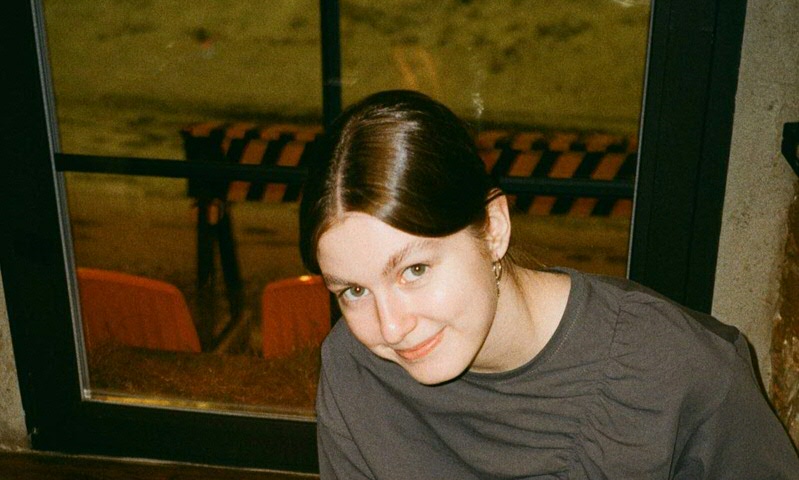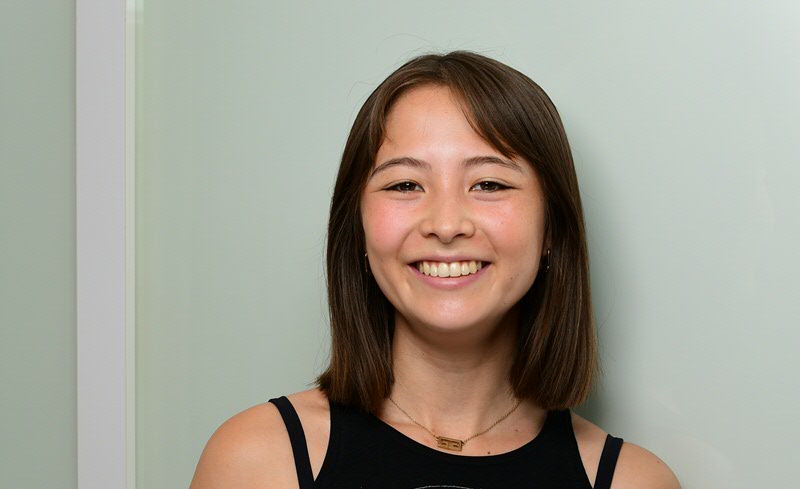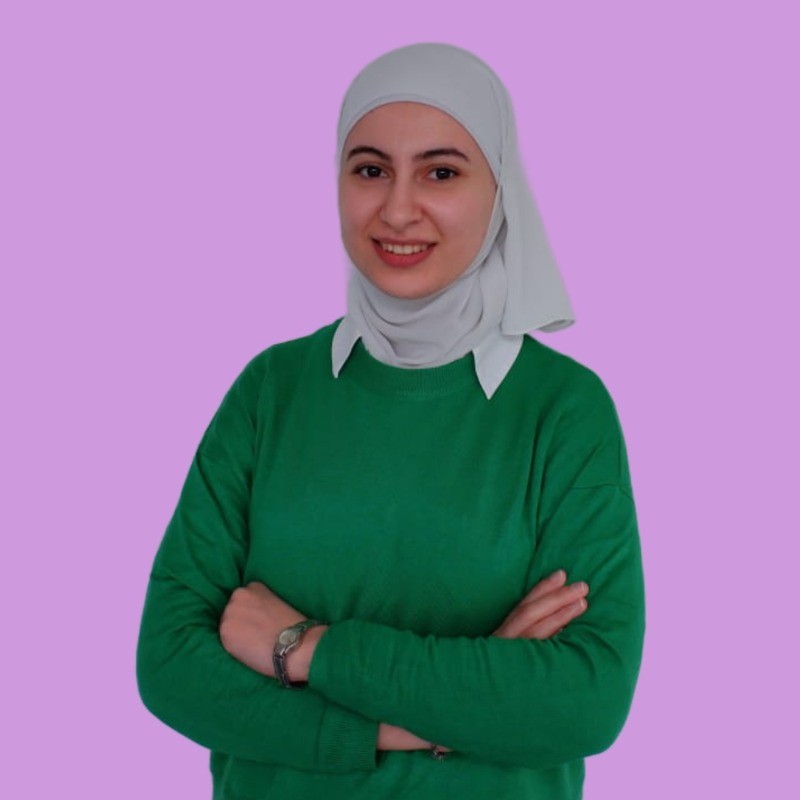
How do you make Large Language Models? How do people experience Natural Language Processing (NLP) applications? How can we use these technologies to analyze subjective framing of text, detect mistranslations, and make Large Language Models more transparent?
| Semesters | ||||
|---|---|---|---|---|
| CoursesCourse Catalog > | 1a | 1b | 2a | 2b |
| Basic Statistics (5 EC) | ||||
| Corpus Analysis (5 EC) | ||||
| Linguistic Analysis (10 EC) | ||||
| Elective courses (for example Language Modelling, Learning from Data, Multichannel Management, Neuro-Imaging and Language) (40 EC) | ||||
| Natural Language Processing (5 EC) | ||||
| Language Technology Project (5 EC) | ||||
| Semesters | ||||
|---|---|---|---|---|
| CoursesCourse Catalog > | 1a | 1b | 2a | 2b |
| Exchange Programme (30 EC) | ||||
| ResMa Thesis Linguistics, Thesis Class (30 EC) | ||||
| Programme options |
|---|
| Master's placement (specialization) During this Master's track, you can follow a placement for 10 ECTS credit points. It is your responsibility to find a placement yourself, but the Mobility Office can offer help with this where necessary. Click the link above to find examples of placements completed by other Master's students. |
| Specific requirements | More information |
|---|---|
| previous education |
Prospective students with a a Bachelor's degree in Linguistics or another Bachelor's degree with a substantial linguistics component are admissible to this master's track. Examples of these types of Bachelor's programmes are:
|
| grade list |
An excellent academic record: An overview of the results achieved so far within the Bachelor's degree programme and/or other university degree programmes is required. |
| Curriculum Vitae (CV) |
A Curriculum Vitae (CV) |
| language test |
Additional English language requirement: A VWO diploma or a subject certificate for VWO English (mark 6 or higher), minimum requirement of TOEFL iBT 100 (with a minimum score for speaking and writing of 25 (each)), or an IELTS score of 7 (with a minimum of 6.5 on all items). |
| reference letter |
Two personal letters of recommendation from staff members who can comment on the students' affinity with and capacities for research. |
| (motivation-) letter |
A letter outlining the prospective student's motivation for selecting the programme and Research Master's track, including their expectations and interests. |
| other admission requirements |
NB: Students must complete one year abroad at one of the partner universities. For detailed admission requirements please see the programme website: https://lct-master.org/ The selection procedure is also based on an evaluation of degree certificates, student motivation, the thesis or other writing sample, and fit for the UG programme. Students who have not yet completed their Bachelor can be given provisional admission. To assess whether your educational/academic background meets the specific programme requirements, we will consider the level and curriculum of your previous studies, and the grades that you have obtained. This evaluation is carried out by our Admissions Office and the Admissions Board. |
| Study programme | Organization | Transition |
|---|---|---|
| Information Science | University of Groningen |
Additional requirements More information:Please note that this programme has a selection procedure. |
| Linguistics | University of Groningen |
Additional requirements More information:Please note that this programme has a selection procedure. |
| Artificial Intelligence | University of Groningen |
Additional requirements More information:Please note that this programme has a selection procedure. |
| Computing Science | University of Groningen |
Additional requirements More information:Please note that this programme has a selection procedure. |
| Study programme | Organization | Transition |
|---|---|---|
| Computing Science | All Research universities |
Additional requirements More information:Please note that this programme has a selection procedure. |
| Computer Science | All Research universities |
Additional requirements More information:Please note that this programme has a selection procedure. |
| Linguistics | All Research universities |
Additional requirements More information:Please note that this programme has a selection procedure. |
| Artificial Intelligence | All Research universities |
Additional requirements More information:Please note that this programme has a selection procedure. |
| Artificial Intelligence | All Research universities |
Additional requirements More information:Please note that this programme has a selection procedure. |
| Cognitive Science and Artificial Intelligence | All Research universities |
Additional requirements More information:Please note that this programme has a selection procedure. |
| Data Science and Artificial Intelligence | All Research universities |
Additional requirements More information:Please note that this programme has a selection procedure. |
| Information Science | All Research universities |
Additional requirements More information:Please note that this programme has a selection procedure. |
Note: it's not possible to start in February. For more information, please contact the study advisor.
| Specific requirements | More information |
|---|---|
| previous education |
Prospective students with a Bachelor's degree in Linguistics or another Bachelor's degree with a substantial linguistics component are eligible for admission to this Master's track. Examples of these types of Bachelor's programmes are:
|
| grade list |
Excellent academic record, with a grade of 8.0 or higher on the thesis written for the B.A. or previous M.A. degree. |
| Curriculum Vitae (CV) |
A Curriculum Vitae (CV) |
| language test |
Additional English language requirement: A VWO diploma or a subject certificate for VWO English (mark 6 or higher), minimum requirement of TOEFL iBT 100 (with a minimum score for speaking and writing of 25 (each)), or an IELTS score of 7 (with a minimum of 6.5 on all items). |
| reference letter |
Two personal letters of recommendation from staff members who can comment on the students' affinity with and capacities for research. |
| (motivation-) letter |
A letter outlining the prospective student's motivation for selecting the programme and Research Master's track, including their expectations and interests. |
| other admission requirements |
NB: Students must complete one year abroad at one of the partner universities. For detailed admission requirements please see the programme website: https://lct-master.org/ The selection procedure is also based on an evaluation of degree certificates, student motivation, the thesis or other writing sample, and fit for the UG programme. Students who have not yet completed their Bachelor's can be granted provisional admission. To assess whether your educational/academic background meets the specific programme requirements, we will consider the level and curriculum of your previous studies, and the grades that you have obtained. This evaluation is carried out by our Admissions Office and the Admissions Board. |
Note: it's not possible to start in February. For more information, please contact the study advisor.
After graduation, you are well prepared for a career in Information Technology. You can work on subjects such as machine translation, knowledge and data engineering, expert in Large Language Models and Explainable AI, human-computer dialogue systems, machine learning engineer, computational linguist, among others.
You can also continue your career in research, for instance as a PhD student at a university.
The EM LCT courses are predominantly taught by researchers from the computational linguistics group of the Centre for Language and Cognition. The group specializes in automatic syntactic analysis (of Dutch and other languages), automatic semantic interpretation, machine translation, and authorship studies. In various projects, we have contributed to syntactic parsing of Dutch: Alpino parser for Dutch, Universal Dependencies treebank for Dutch, Deep semantic interpretation (parallel meaning bank), and dialectology (visualizing dialects).
Master students are actively encouraged to become involved in research, either through research assistantships, or by participating in working groups that participate in shared tasks, such as authorship attribution (Groningen Lightweight Authorship Attribution) or language identification (The power of character n-grams in Native Language Identification)

I'm Anna Smirnova, and I recently completed my first year of the Master's programme in Natural Language Processing at the University of Groningen. Moving to the Netherlands for my studies was an exciting milestone — it's the first country I've lived in outside my home country, and I absolutely enjoyed the experience. I'm fluent in Russian and English, have some basic knowledge of French, and I am currently learning Dutch.

Hi! I'm Maria Francis, and I spent the first year of my Master's degree in Language and Communication Technologies in Groningen, with NLP as my local host programme. I grew up in Germany, and I speak English and German, plus some Japanese, Dutch, and Italian.

My name is Sara Nabhani, and I'm from Palestine. I studied Computer Science for my Bachelor's degree, where I developed a strong interest in big data and machine learning. Over time, I became particularly drawn to Natural Language Processing (NLP) and its role in bridging human communication with artificial intelligence.

The Faculty of Arts also offers one year master’s degree programmes in Linguistics and Information Science.